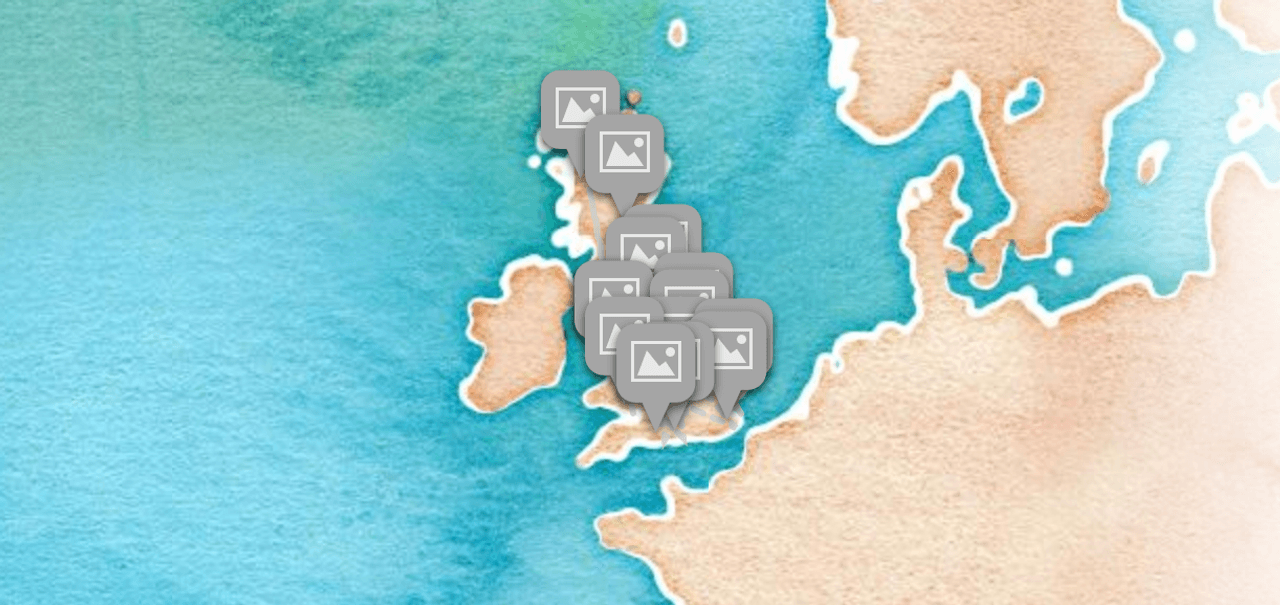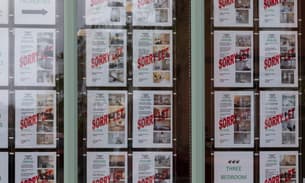
Locked Out: stories from across the UK expose holes in the housing safety net
Our #LockedOut investigation found people up and down the country are unable to access housing because of unaffordable rents and discrimination against benefit claimants.
We partnered with more than 30 reporters and publications across the country, with many building on the Bureau Local’s work to uncover and document the human impact of 2016’s housing benefit freeze. We shared data we collected on the number of properties in each area that would be affordable on housing benefit, as well as building a calculator to let people see what the situation looked like in their area.
In Cardiff, Matt Discombe from Wales Online found letting agents asking prospective tenants for as much as six months' rent up front, and landlords who would reject tenants on benefits.
In Reading, where just 25 of 535 two-bed properties were affordable, Tevye Markson from the Reading Chronicle spoke to charities who called the homelessness situation in the city “appalling”. Ian Caren from Launchpad told Tevye: “Our housing sector is currently a commodity for landlords. More people are dying on the streets than ever. The sheer wear and tear of living on the streets is appalling.”
Edinburgh council told Conor Matchet from the Edinburgh Evening News that the Westminster policy was “cruel” and called on the UK government to reconsider it immediately.
In Thanet, not one of the 154 available properties identified by our research was affordable on housing benefit. This was an area reported on by Kathy Bailes and Jodie Nesling from the Isle of Thanet News. The independent news website had recently spoken to a family of eight who were living in a tent after being evicted from emergency accommodation. Daniel Foster told Kathy that their housing problems snowballed after he was forced to give up his job because of severe chest arthritis. Karen Constantine, a local councillor, accused Thanet district council of having “a complete moral bypass” over their treatment of the family.
All these stories contributed to a huge amount of national and international engagement and impact. The UN’s Special Rapporteur for Housing said we inspired her “to do a global piece on unaffordability”. Comments on Twitter from politicians and campaigners like Jeremy Corbyn and Michael Sheen were liked or retweeted more than 10,000 times.
Our work doesn’t end with our reporting though. It’s important to us that the data we collect and the experiences of the people we speak to can be used to improve policy. The Ministry of Housing, Communities and Local Government is consulting on the impact of the Homelessness Reduction Act, and the results of our research formed the basis of a Bureau Local submission to that consultation.
Charities and local council housing departments have also told us how important it is that the data we’ve collected and analysed has been made available, saying it will now contribute to more evidence-based policy that properly reflects the experiences of people facing barriers to housing.
Collaboration is at the heart of our work and this kind of impact would not be possible without it. You can read more of the great #LockedOut work done by our local media partners in the Story Map below.




